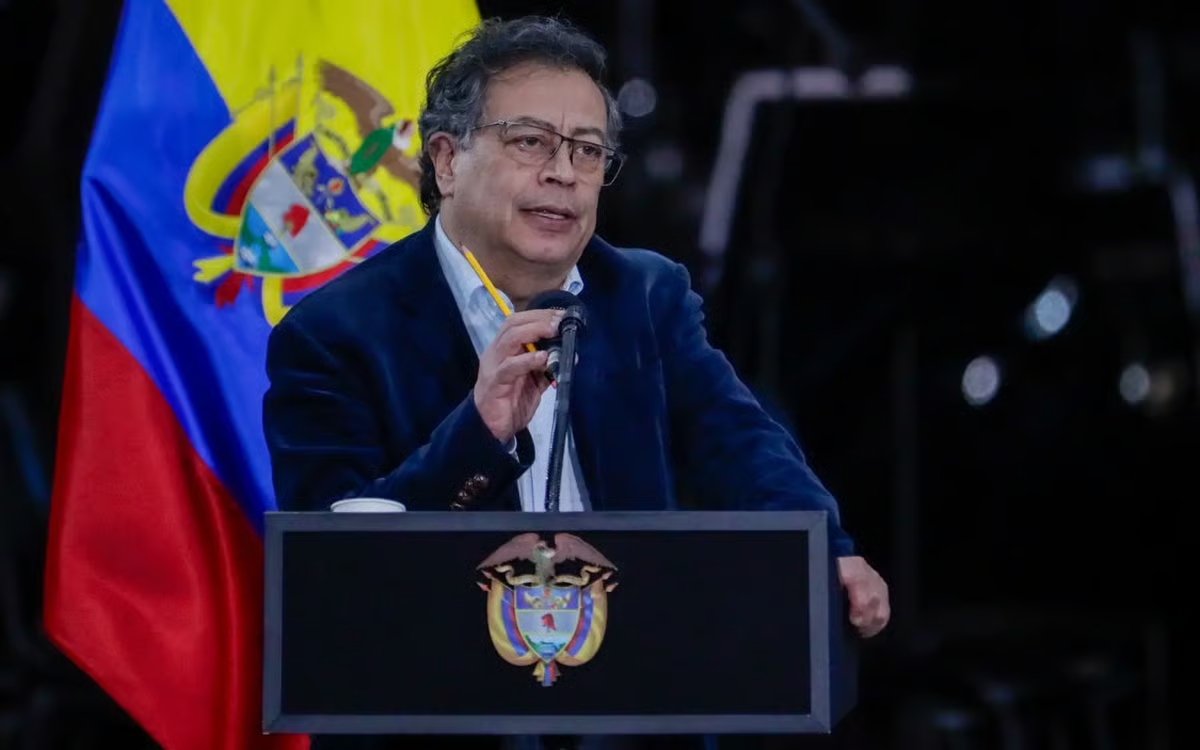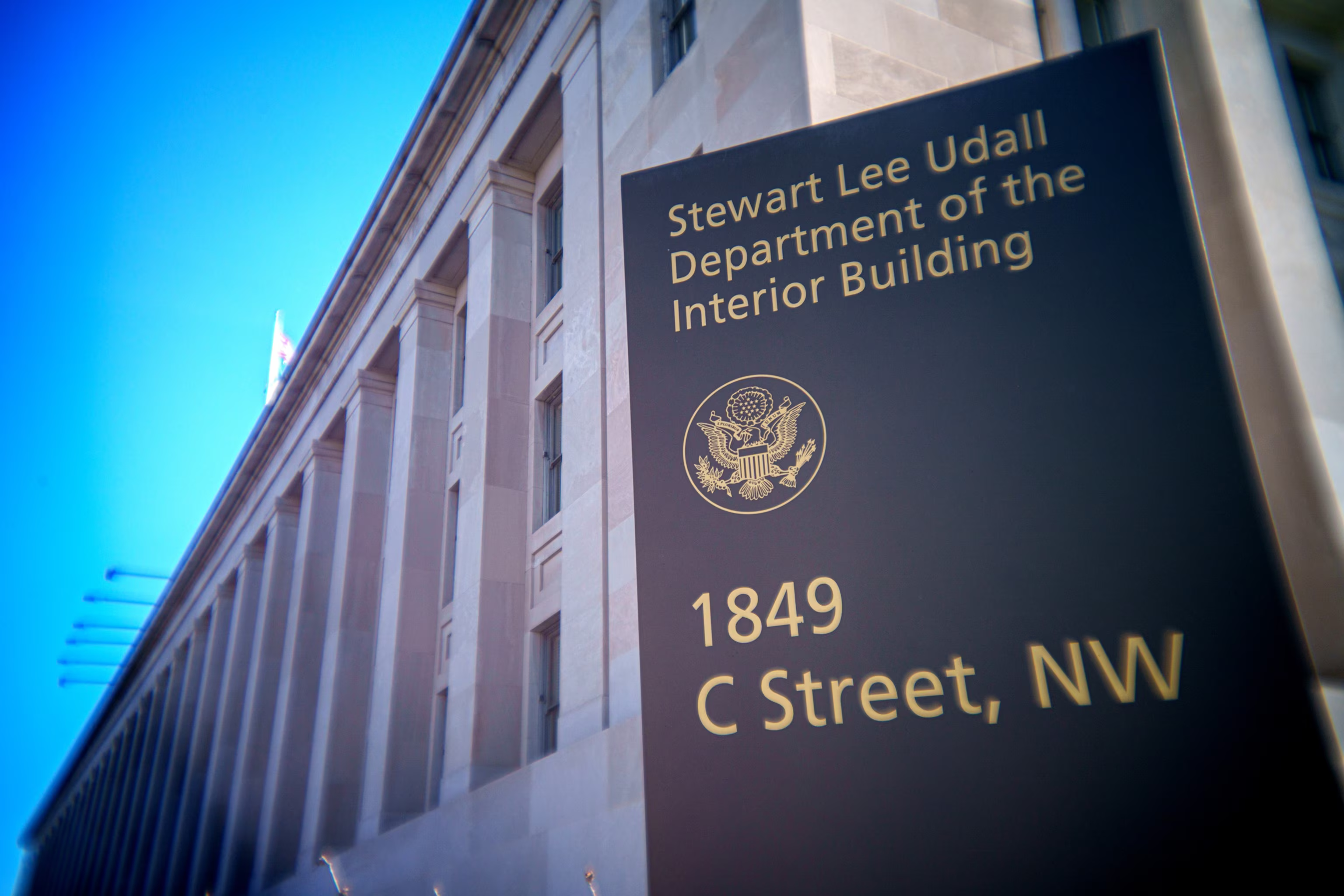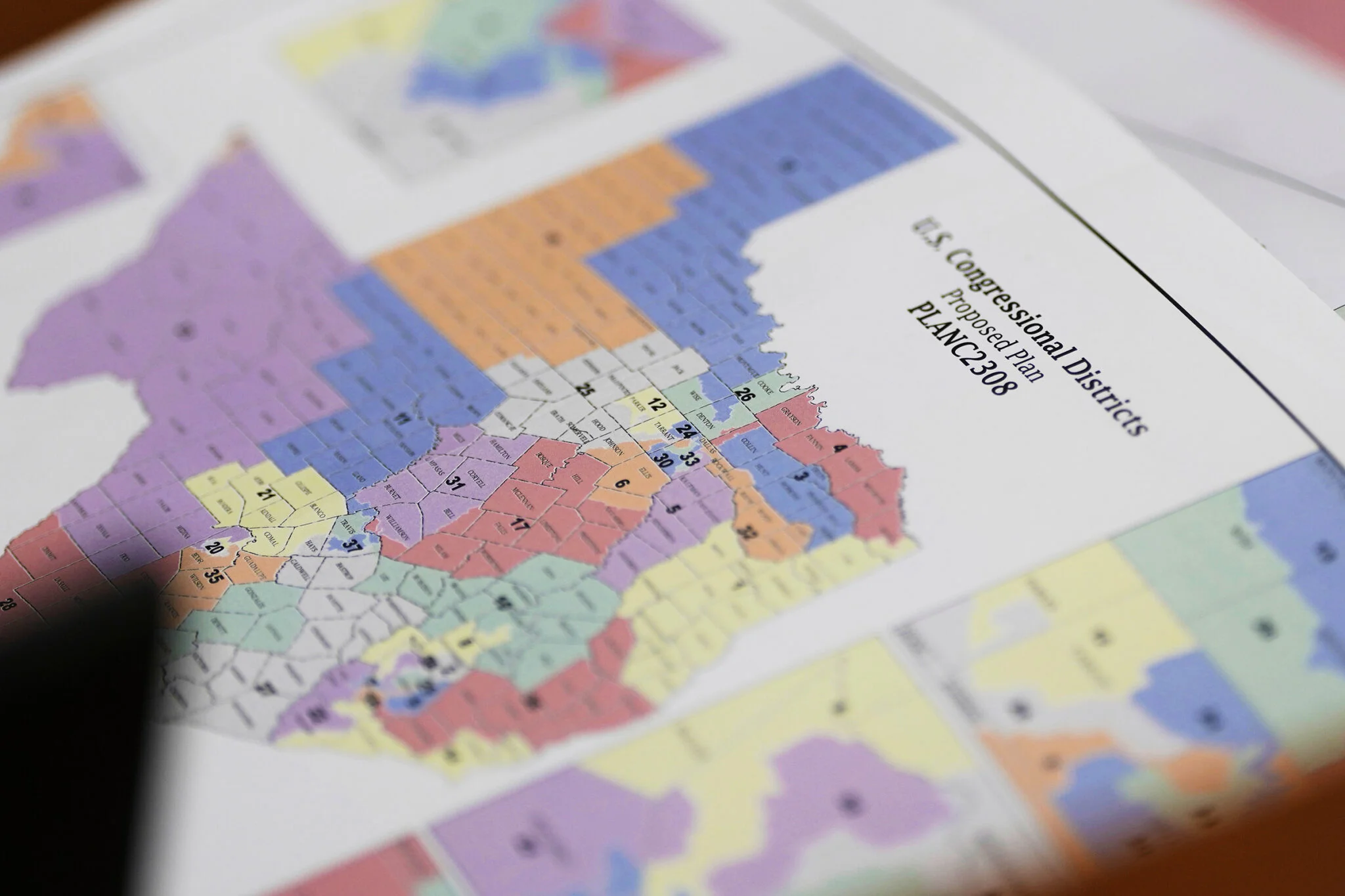Diplomatic relations between the US and Colombia reached a new low after the American government revoked President Gustavo Petro’s visa. The move was formally announced by the State Department following Petro’s participation in a pro-Palestinian protest outside the UN headquarters in New York, during the General Assembly.
On the street, Petro urged US soldiers to disregard orders from then-president Donald Trump, declaring that “the rifles of the US Army should not be pointed at humanity” and that “the order of humanity” should prevail over political commands.
Escalation in New York and US government reaction
Petro’s rhetoric surprised diplomats and international observers alike. In a statement posted on social media, the State Department said the visa suspension resulted from Petro’s remarks, describing his actions as “reckless and incendiary” and claiming he “incited violence and urged American troops to disobey orders.” News of the decision broke as Petro was already en route back to Bogotá, according to reports by Colombian media and Caracol Radio.
The president’s presence at the pro-Palestinian event, which included British musician Roger Waters, fueled international commentary. Petro’s call for a “global salvation army” to liberate Palestine was delivered to a large crowd, and clips of the moment quickly spread across his social media channels. The protest and its aftermath put a spotlight on existing diplomatic strains.
Lingering tensions and background of disputes
US-Colombia relations were already marked by mounting friction. Washington recently withdrew Colombia’s certification as a reliable anti-drug ally, intensifying the mood of suspicion and dissatisfaction. Addressing the UN General Assembly, Petro openly criticized American airstrikes against suspected drug trafficking vessels in the Caribbean, arguing that the attacks were not about controlling cocaine but rather about projecting power in Latin America. He accused US authorities of protecting criminals their own government claims to oppose, while his own administration tries to persuade farmers to abandon coca crops.
These pointed comments mirrored Petro’s broader narrative of standing up for freedom and pushing back against US influence. Colombian government officials, such as the Interior Minister, also commented online, suggesting that leaders like Benjamin Netanyahu should have their visas revoked instead.
Petro’s reaction, consequences and international debate
On his official channels, Petro downplayed the impact of the visa revocation, saying he does not need the document to enter the US and can use the ESTA program thanks to his European citizenship. Emphasizing that he considers himself “free in the world,” the president reinforced the notion that all humans should enjoy such freedom.
He criticized the action as a violation of international norms, arguing that the UN tradition grants foreign leaders access to multilateral forums on US soil. The episode reignited debate about American diplomatic practices and raised questions about the right of foreign leaders to express political views within the United States.
So far, neither side has announced formal retaliation or a breakdown in dialogue. However, the US action is regarded as a clear signal, rarely is a sitting head of state barred from entering the United States, making this episode a notable moment in recent US-Colombia relations. The case remains a focal point for analysts examining the boundaries of diplomacy and public speech on the world stage.
Contact us today through our WhatsApp to discover how we can help you achieve success in the United States.
Information source: Metropoles | BBC | O Globo



